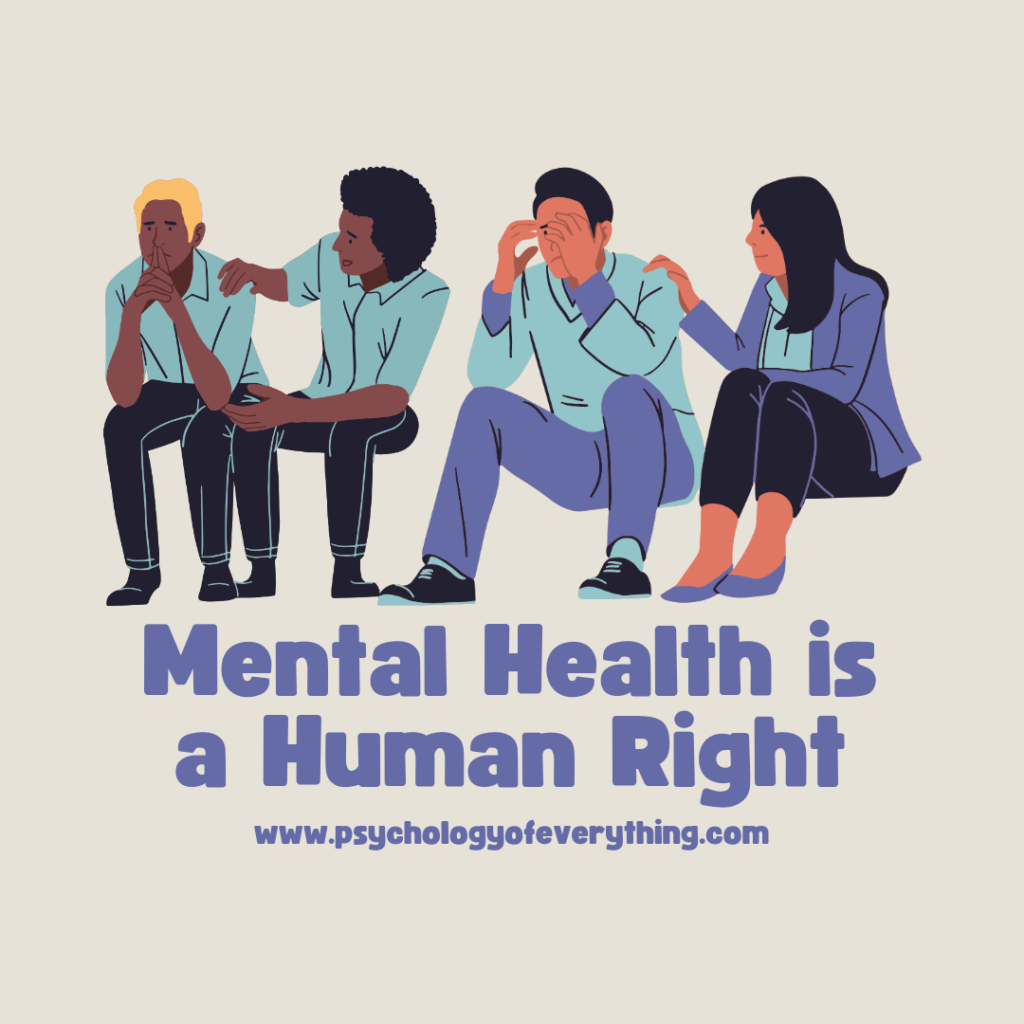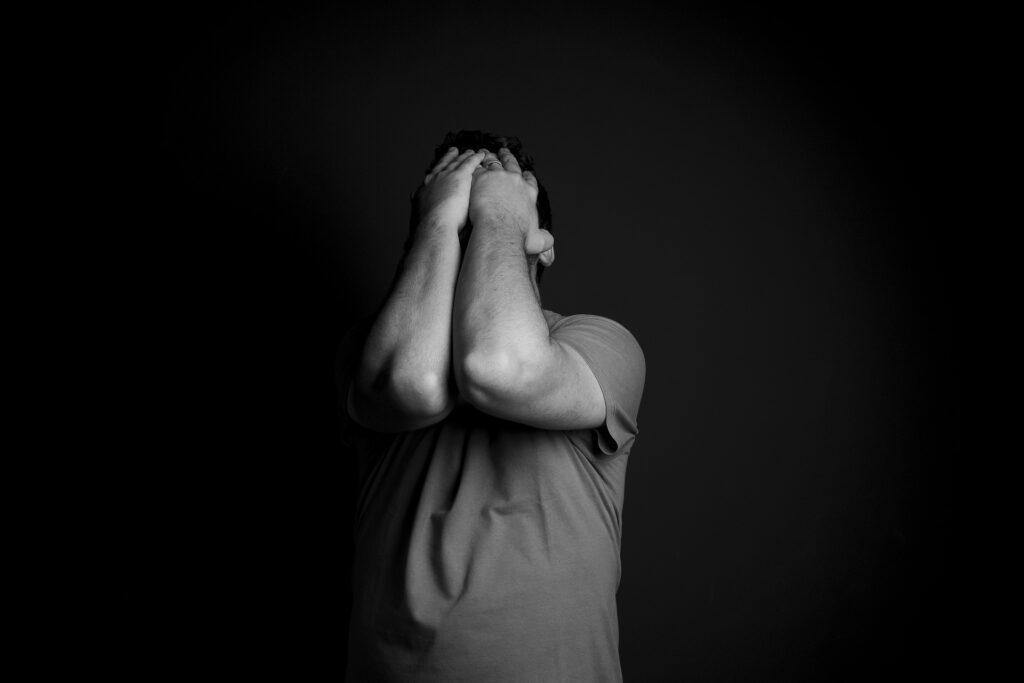Mental Health is a Universal Human Right – World Mental Health Day 2023

World Mental Health Day,10 October 2023
World Mental Health Day is celebrated every year on 10th Oct with the aim to increase awareness about mental health and to let everyone know that mental health matters. It’s now the time to let the world know “Mental Health is a Universal Human Right” with the theme of World Mental Health Day 2023 as chosen by World Health Organization (WHO).
Why is it Important to Know Your Mental Health Rights?
Many people hesitate to ask for help even if they are suffering. What stops them from seeking help is the fear of being judges and discriminated based on their mental health status. This apprehension exists because they are not fully aware about their mental health rights. On this mental health day, let’s come forward to support their right and tell them, “It’s okay to seek help, no matter what you’re going through.”
Rights of Persons with Mental Illness
In an increasingly aware and compassionate society, it’s essential to highlight and uphold the rights of people with mental illness. Mental health conditions affect millions worldwide, and these individuals deserve equal rights, respect, and access to necessary services. Let’s explore the fundamental rights of people with mental illness and the ongoing efforts to reduce stigma and promote inclusivity.
1. Right to Equal Treatment
The cornerstone of any rights-based approach is the right to equal treatment. People with mental illness have the same fundamental rights as anyone else. This includes equal access to healthcare, education, employment, and housing. Discrimination based on mental health status is not only morally wrong but also illegal in many countries.
2. Right to Privacy
The right to privacy is particularly significant for those with mental illness. Personal health information should be protected and disclosed only with the individual’s consent. Privacy safeguards help reduce stigma and ensure that individuals seek help without fear of judgment or discrimination.
3. Right to Quality Healthcare
Access to quality mental healthcare is a fundamental right. It includes timely diagnosis, treatment options, and access to mental health professionals. Governments and healthcare systems should allocate resources to provide comprehensive mental health services, reducing the treatment gap.
4. Right to Informed Consent
Individuals with mental illness have the right to be fully informed about their treatment options and give informed consent for medical interventions. This empowers them to actively participate in their care and make decisions that align with their values and preferences.
5. Right to Be Free from Discrimination
Discrimination against people with mental illness is a pervasive issue. Governments, employers, and society as a whole must actively combat discrimination in all its forms, including employment, education, and housing. Promoting diversity and inclusion benefits everyone.
6. Right to Dignity and Respect
Every individual, regardless of their mental health status, deserves to be treated with dignity and respect. Reducing stigma and increasing awareness about mental health challenges can go a long way in fostering a culture of empathy and understanding.
7. Right to Community Integration
Isolation and exclusion can exacerbate mental health issues. People with mental illness have the right to participate fully in their communities and receive the support necessary to do so. Community-based mental health programs and initiatives play a vital role in achieving this goal.
8. Right to Education
Children and young people with mental illness have the right to an inclusive education that accommodates their unique needs. Schools should be equipped to provide the necessary support, and teachers should receive training in mental health awareness.
9. Right to Legal Representation
Legal rights are integral for individuals with mental illness, especially in situations where they may face involuntary commitment or treatment. Access to legal representation ensures that their rights are protected and respected throughout the legal process.
10. Right to Advocacy
People with mental illness have the right to advocate for themselves and be actively involved in decisions that affect their lives. Support organizations and peer support networks empower individuals to raise their voices and drive positive change.
Conclusion
The rights of people with mental illness are an integral part of human rights. Upholding these rights is not only a matter of legality but also a moral imperative. Reducing stigma, increasing awareness, and providing equitable access to mental health services are vital steps towards a more inclusive and compassionate society. It is our collective responsibility to ensure that individuals with mental illness are treated with the dignity, respect, and support they deserve, empowering them to lead fulfilling lives.





Responses